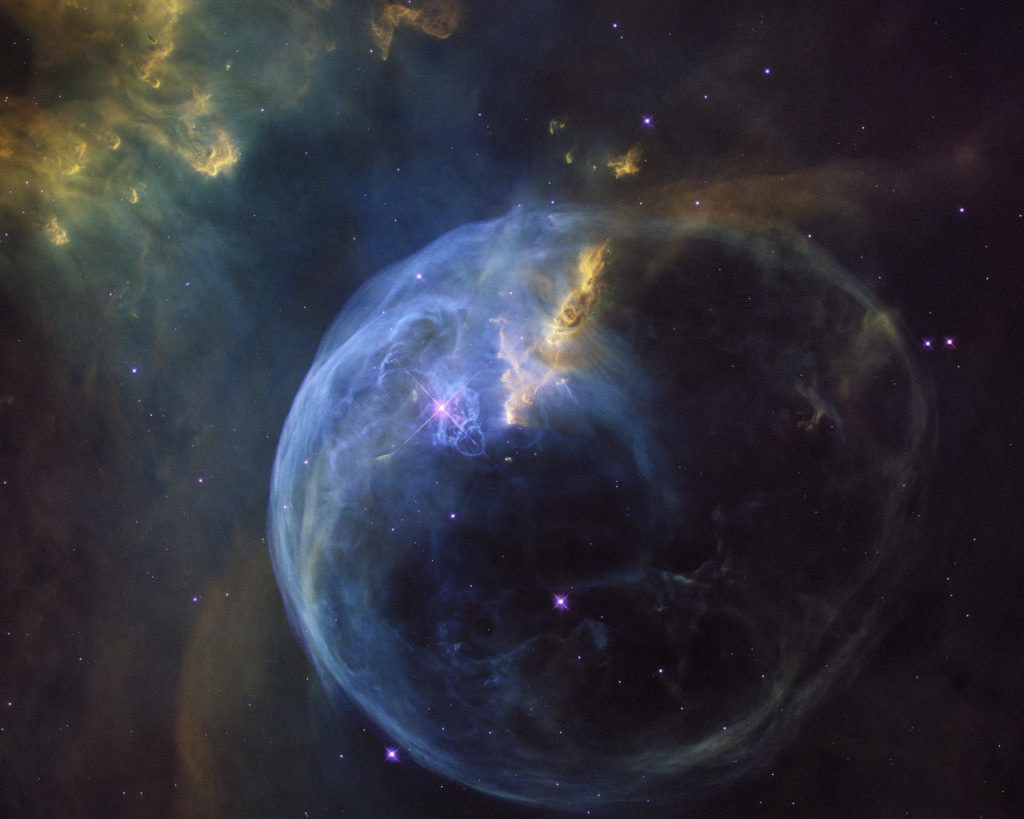
I never thought to wonder why I include characters with disabilities in my stories — and especially in my SF stories. They’re not boxes I’m checking; they’re simply people who worked in the stories I wanted to tell.
Mikkel in “Two-Year Man” has Fetal Alcohol Syndrome. Jane in “We Who Live in the Heart” uses a wheelchair. And in the forthcoming “Gods, Monsters, and the Lucky Peach,” my 83-year-old hero Minh had her legs amputated when she was a child, and her friend and colleague Hamid is a little person. Minh and Hamid are members of a generation known as the Plague Babies — people who were hit hard by parasitic pandemics and spent their childhoods dealing with medical interventions. This generational shared experience has huge repercussions for the 23rd century Earth of Lucky Peach and is a foundation of the story’s world building.
Recently, I realized why these characters come naturally to me and why I’m interested in the issues. I also realized I cannot envision a future world that excludes people with disabilities, and even more, I don’t want to envision that future.
My reason comes straight from the heart.
My brother was born without an esophagus. This was the early 70s, and he nearly died. The story of his life isn’t mine to tell, but I witnessed it and remember a lot. I saw how much he went through as a baby, as a boy, and as a young man. Photos of his pain-etched little toddler face still bring tears to my eyes.
To be clear, I have never thought of my brother as a person with a disability. I doubt he identifies himself in that way. He’s just a person living his life. A loving dad, good husband, and all-around terrific person. But I came very close to losing him when he was a baby, and he is only here today by a twist of good fortune that put an answer in my dad’s hands when the hospital had given up on trying to save him.
People say, “In the future we’ll be able to make sure nobody is born with X, Y, or Z.” Okay, but what does that mean? Human development isn’t always going to be predictable. Parents who have no reason to worry can birth a child who requires medical intervention to survive, while babies born with serious problems can live and even thrive.
People also say, “In the future we’ll be able to fix disabilities. Even if someone is injured, we’ll be able to fix them.” Okay, but not everything is fixable. Not every medical risk is warranted. Not every procedure is worthwhile. And not everyone wants or needs to be fixed. A person who is managing their disability is still disabled, after all, and managing one’s own life and making choices for oneself is the foundation of human adulthood.
If we envision a future that excludes the possibility of people with disabilities, then that future (a) embraces eugenics, (b) is a perfect place where nothing unexpected happens, or (c) is a place where all problems can be fixed perfectly with no repercussions. Option a is horrible, option b is undramatic, and option c is simply unbelievable.
Despite all the doom and gloom the world is going through right now, I believe in the future. I truly believe humanity will go to the stars — not soon, not easily, but we will get there. And I believe when we do, people with disabilities will be a big part of that success story.
====
I know nothing about being disabled. For actual information, please see John Wiswell’s “Evil isn’t a Disability” at Fireside, and Elsa Sjunneson-Henry’s articles at Feminist Sonar for starters.
And please support the Kickstarter for Disabled People Destroy Science Fiction. It’s going to be the most ass-kickingest of all the Destroy series.
